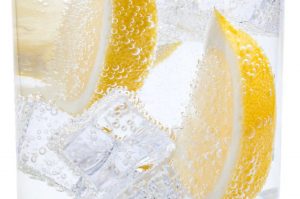
Sweet is a wonderful taste, but various added sugars also bring great health risks.
Fortunately, the emergence of sugar substitutes has helped us avoid some of the hazards of sugar, and it has brought a wealth of taste buds.
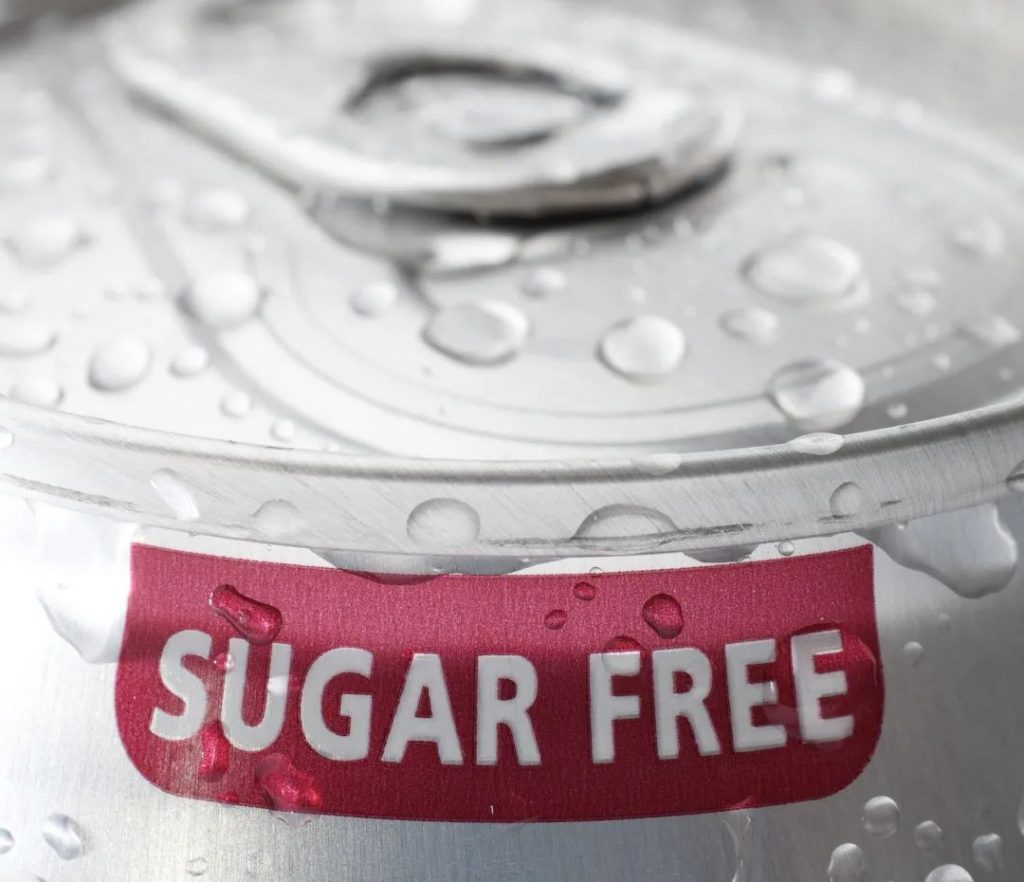
Sugar substitutes, a type of food additives, are mainly used to add sweetness to foods. There are many types of it, including synthetic sucralose, acesulfame K, and aspartame; there are also naturally occurring ones, such as steviol glycosides, mogrosides, and some sugar alcohols.
The effects of different types of sugar substitutes in the human body are not exactly the same, and there are many controversies about it:
Can you lose weight, whether it will affect the intestinal flora, should you brush your teeth after eating…
In this article, I will focus on the answers for everyone.
(Note: As the current research on sugar substitutes is not accurate, all the answers in this article are based on existing evidence.)
Can eating sugar substitutes help lose weight?
This question is difficult to answer in general, but don’t expect too much.
First of all, most sugar substitutes are very low in calories or have no calories, and at the same time have a high sweetness. Energy intake will be reduced under the same sweetness.
But there are too many factors influencing weight loss.
Although sugar substitutes are a better choice than adding sugar, don’t pin your hopes for weight loss on sugar substitutes. Controlling your total energy intake and cooperating with exercise is the key.
If you use sugar-free coke with fried chicken coke every day, no one can stop you if you want to grow meat.
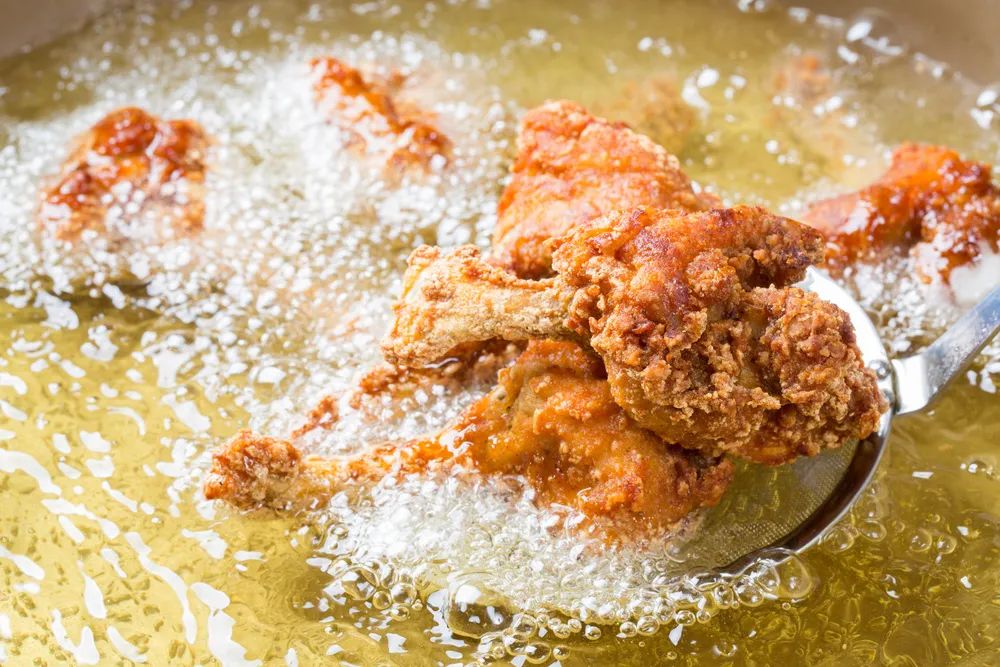
Sugar substitute itself is not a weight-loss drug. Its greater effect may be to give you a touch of sweetness and make your way to lose weight less painful.
Will sugar substitutes affect the intestinal flora?
The effect of sugar substitutes on intestinal microbes is a hot area of research, but the current conclusions are diverse and there are all kinds of things.
The influencing factors of intestinal microbes are complex. Even eating normal sugar or other foods will also affect the intestinal microbes.
It is true that many studies believe that sugar substitutes have a negative impact on intestinal microbes, but to publicize the harm of sugar substitutes is a bit alarmist.
Based on the current evidence, this issue is still inconclusive. There are even studies that believe that certain natural sugar substitutes are beneficial to the intestinal flora. Others say that when the dose of contemporary sugar intake is very high, it will be shown to be harmful to microorganisms. The influence of the community.
With the intake of most people, don’t worry too much, but out of conservative advice, it’s best to eat less.
Can sugar substitutes cause diarrhea?
When it comes to sugar substitutes that can cause diarrhea, sugar alcohols are the first to bear the brunt. Some time ago, the diarrhea caused by sugar alcohol moon cakes also triggered a lot of discussion among netizens.
Sugar alcohol cannot be digested. It will form a hypertonic environment locally in the intestine to absorb more water into the intestine. At the same time, it can be decomposed by intestinal bacteria to produce gas, which makes the stool more hydrated, softer and better. Excretion is what everyone understands as “diarrhea.”
This is also the main reason why the prunes, which are rich in “sorbitol”, can be laxative.
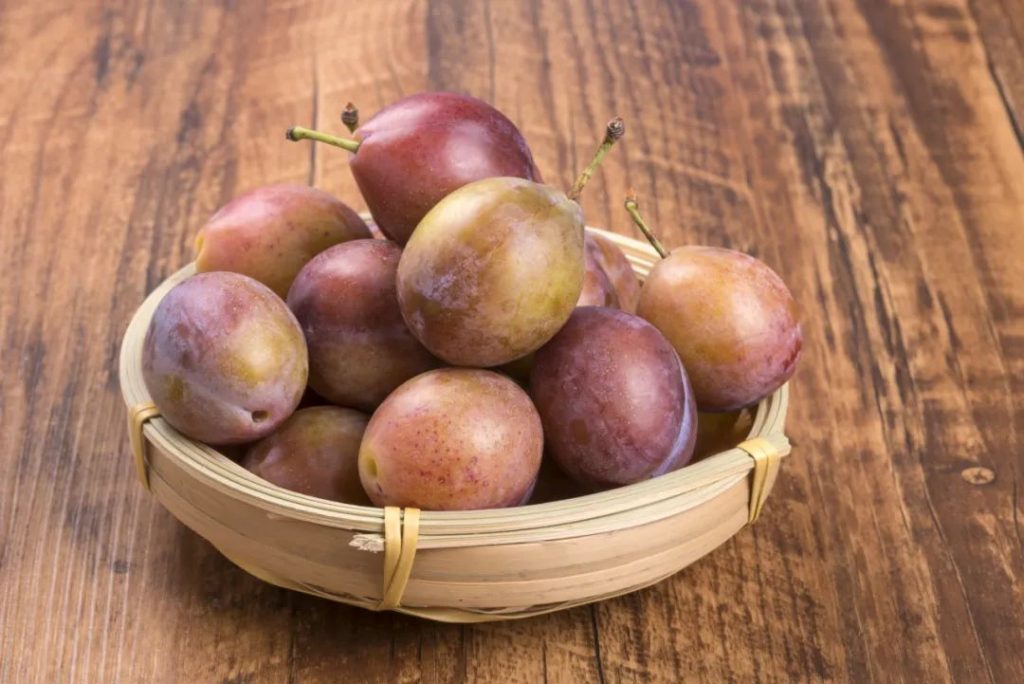
In addition to sugar alcohols, studies have also found that other sugar substitutes may also cause gastrointestinal intolerances such as diarrhea and bloating. Be careful not to take too much at one time.
Will sugar substitutes cause glycation in the body?
What everyone calls “glycation” usually refers to certain structures in glucose and fructose that react with collagen and other substances in the human body to produce advanced glycation end products “AGEs”, which can cause sugar to affect skin aging. It may also cause other health problems.
In theory, sugar substitutes generally do not have such a structural basis, and some in vitro studies have shown that artificial sweeteners do not promote the glycosylation process, and some sweeteners have anti-glycation potential. However, there is still a lack of sufficient and powerful research.
But again, the daily intake of sugar substitutes is generally very small, so you don’t need to worry too much.
Drink sugar-free drinks before going to bed and brush your teeth?
To brush, the perfect way is to rinse your mouth first, and then brush your teeth after half an hour.
It is true that bacteria cannot use sugar substitutes, but the teeth are not only afraid of sugar. Some sugar-free beverages, especially carbonated beverages, contain acidic substances, and the acidic environment will continue to cause corrosion to the teeth, so it is best to rinse your mouth with water after drinking acidic beverages.
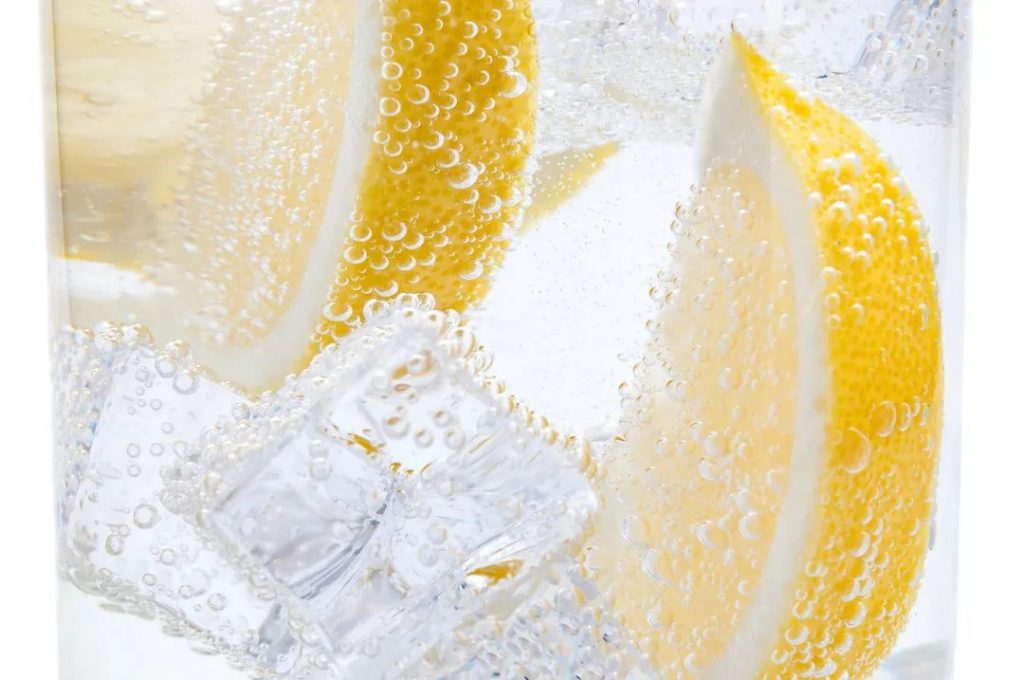
It should also be noted that it is best not to brush your teeth right away, this is true when you eat anything. Because there is very slight abrasion on the surface of the teeth after ingesting food, the components in the saliva will form a protective layer on the surface of the teeth to repair these small abrasions. We have to wait until this process is over before brushing our teeth, which is about half an hour.
So, drink sugar-free beverages before going to bed and don’t be lazy.
Can sugar substitute products be eaten open?
It is not recommended, it is best to relax.
One is because sugar substitutes are indeed controversial on certain health issues, and it is obviously safer to eat conservatively.
The second is that many sugar substitute products are not healthy enough (such as sugar substitute snacks). If a large amount of sugar substitutes is consumed for a long time, although the intake of refined sugar will go down, the intake of other ingredients such as unhealthy ingredients will also increase. Health is not good.
In short, for people who are addicted to sweets, sugar substitutes have more advantages than disadvantages. Of course, the more correct nonsense is not to eat the best.
But life is already so hard, so why not have some sweetness?
Comments